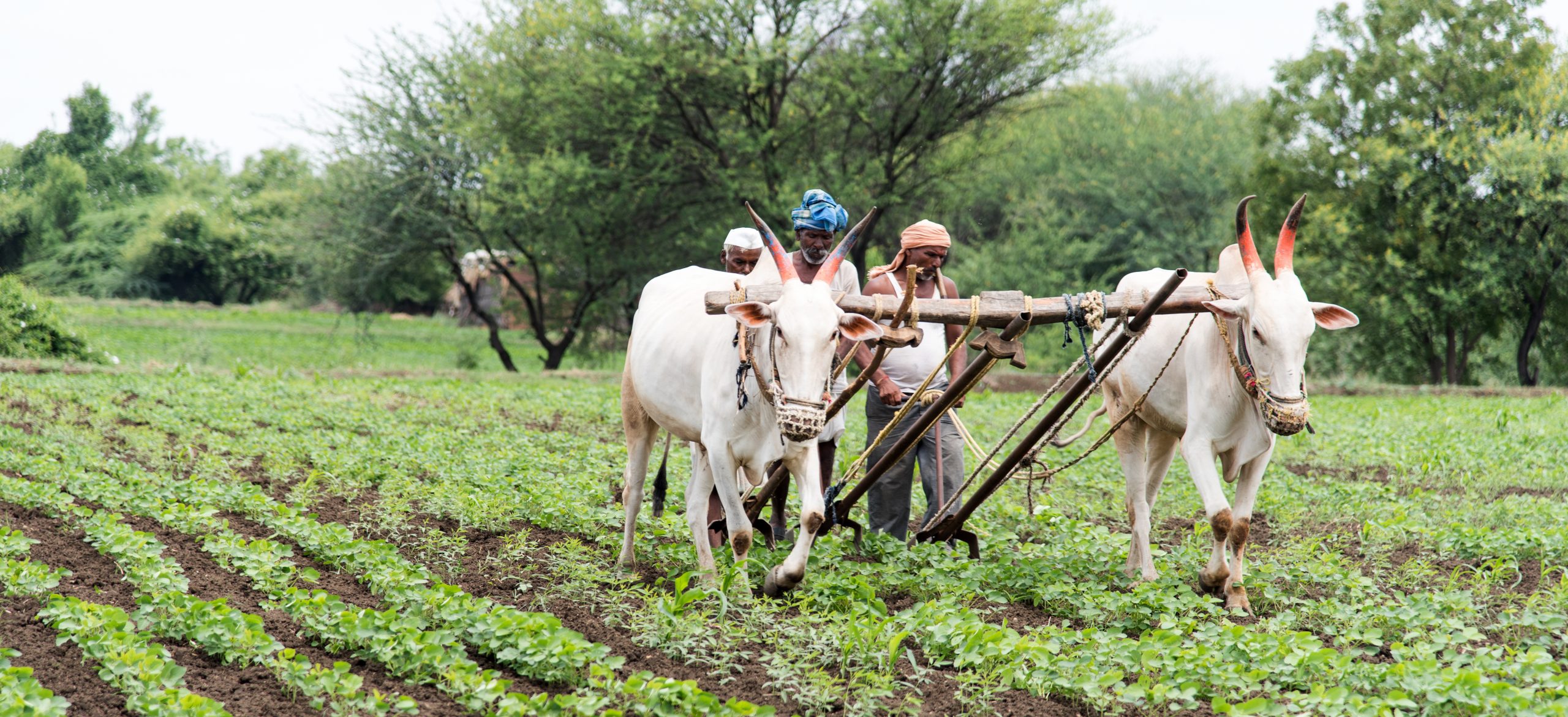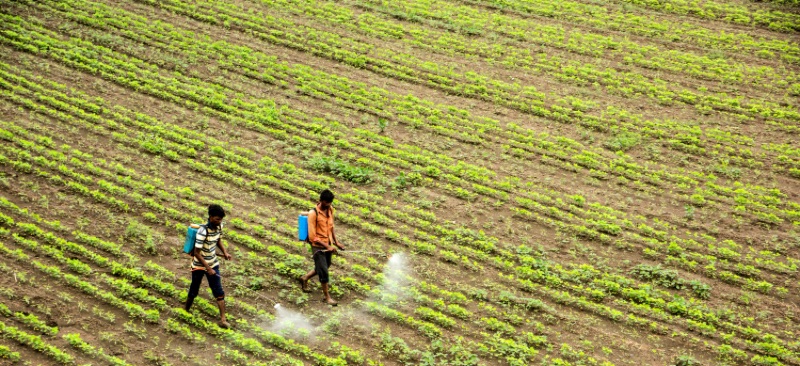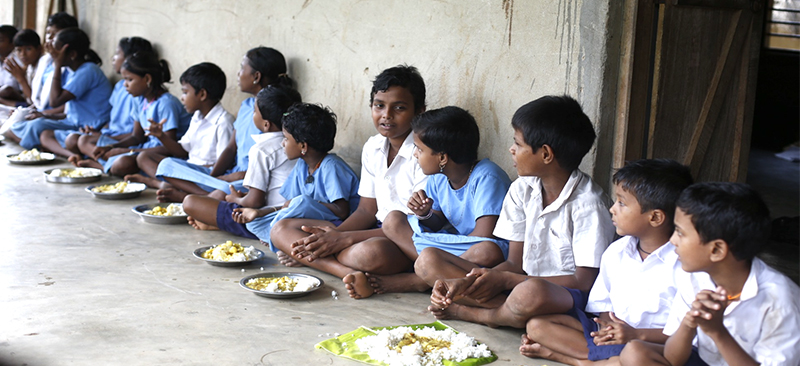Monica Dutta

Monica Dutta
Monica Dutta is a senior manager (specialist) in MSC’s Data & Innovation Domain. She is an economist with over 14 years of experience gained through projects with national and international research firms e.g. IFPRI, TERI, CSIR NISTADS etc. Her areas of expertise include quantitative analysis in areas of development, agriculture, and energy economics, impact assessment, demand forecasting, programme design and evaluation. She specializes in undertaking modelling exercises and projections.
Before joining MSC, Monica Dutta was an Associate Fellow at TERI where she undertook various roles, from programme designing to quantitative assessment and demand analysis. She holds a master’s degree with a specialisation in Economics from the Delhi School of Economics in New Delhi, India. She is fluent in Hindi and English.
Posts by Monica Dutta
 Blog
Blog
Monica Dutta, Aakash Mehrotra, Chinmay Dabhade, Lakshay Jain, Shrutkirti Dhumal and Graham Wright
The climate crisis is not gender neutral – women’s voices must be heard
 Blog
Blog
Monica Dutta, Aakash Mehrotra, Lakshay Jain, Chinmay Dabhade, Graham Wright and Shrutkirti Dhumal
Smallholder farmers worldwide are on a perilous journey amid climate change—where are they headed?
 Blog
Blog
Aakash Mehrotra, Lakshay Jain and Monica Dutta
Embracing the idea of financial well-being: Insights from India using the Global Findex database, 2021
 Blog
Blog
Aakash Mehrotra, Chinmay Dabhade and Monica Dutta
Were countries adopting digital payments financially resilient during COVID-19? The data suggests so
- 1
- 2

